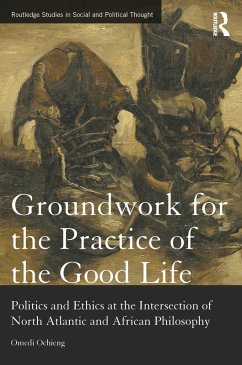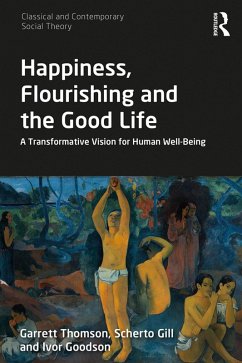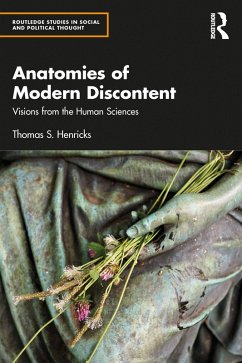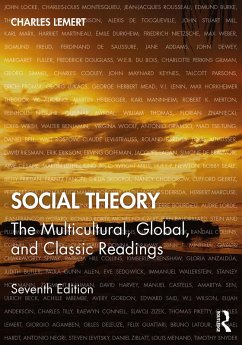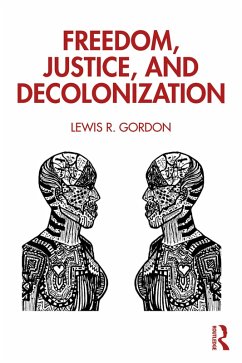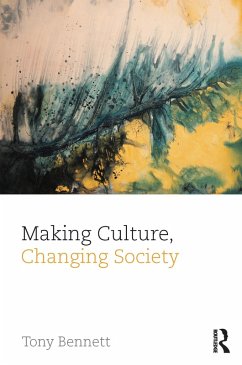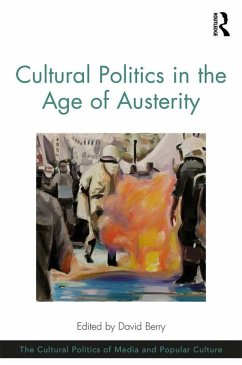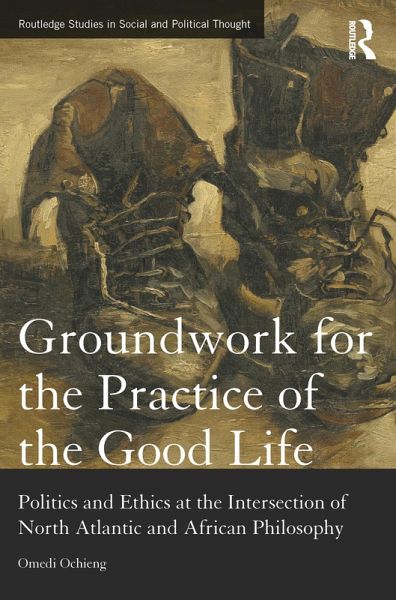
Groundwork for the Practice of the Good Life (eBook, PDF)
Politics and Ethics at the Intersection of North Atlantic and African Philosophy
Versandkostenfrei!
Sofort per Download lieferbar
41,95 €
inkl. MwSt.
Weitere Ausgaben:

PAYBACK Punkte
21 °P sammeln!
What makes for good societies and good lives in a global world? In this landmark work of political and ethical philosophy, Omedi Ochieng offers a radical reassessment of a millennia-old question. He does so by offering a stringent critique of both North Atlantic and African philosophical traditions, which he argues unfold visions of the good life that are characterized by idealism, moralism, and parochialism. But rather than simply opposing these flawed visions of the good life with his own set of alternative prescriptions, Ochieng argues that it is critically important to step back and unders...
What makes for good societies and good lives in a global world? In this landmark work of political and ethical philosophy, Omedi Ochieng offers a radical reassessment of a millennia-old question. He does so by offering a stringent critique of both North Atlantic and African philosophical traditions, which he argues unfold visions of the good life that are characterized by idealism, moralism, and parochialism. But rather than simply opposing these flawed visions of the good life with his own set of alternative prescriptions, Ochieng argues that it is critically important to step back and understand the stakes of the question. Those stakes, he suggests, are to be found only through a social ontology - a comprehensive and in-depth account of the political, economic, and cultural structures that mark the boundaries and limits of life in the twenty-first century. It is only in light of this social ontology that Ochieng then proffers an alternative normative account of the good society and the good life - which he spells out as emergent from ecological embeddedness; social entanglement; embodied encounter; and aesthetic engenderment. At once sweeping and rigorous, incisive and subtle, original and revisionary, this book does more than just appeal to intellectuals and scholars across the humanities and social sciences - rather, it opens up the academic disciplines to a whole new landscape of exploration into the biggest and most pressing questions animating the human experience.
Dieser Download kann aus rechtlichen Gründen nur mit Rechnungsadresse in A, B, BG, CY, CZ, D, DK, EW, E, FIN, F, GR, HR, H, IRL, I, LT, L, LR, M, NL, PL, P, R, S, SLO, SK ausgeliefert werden.




